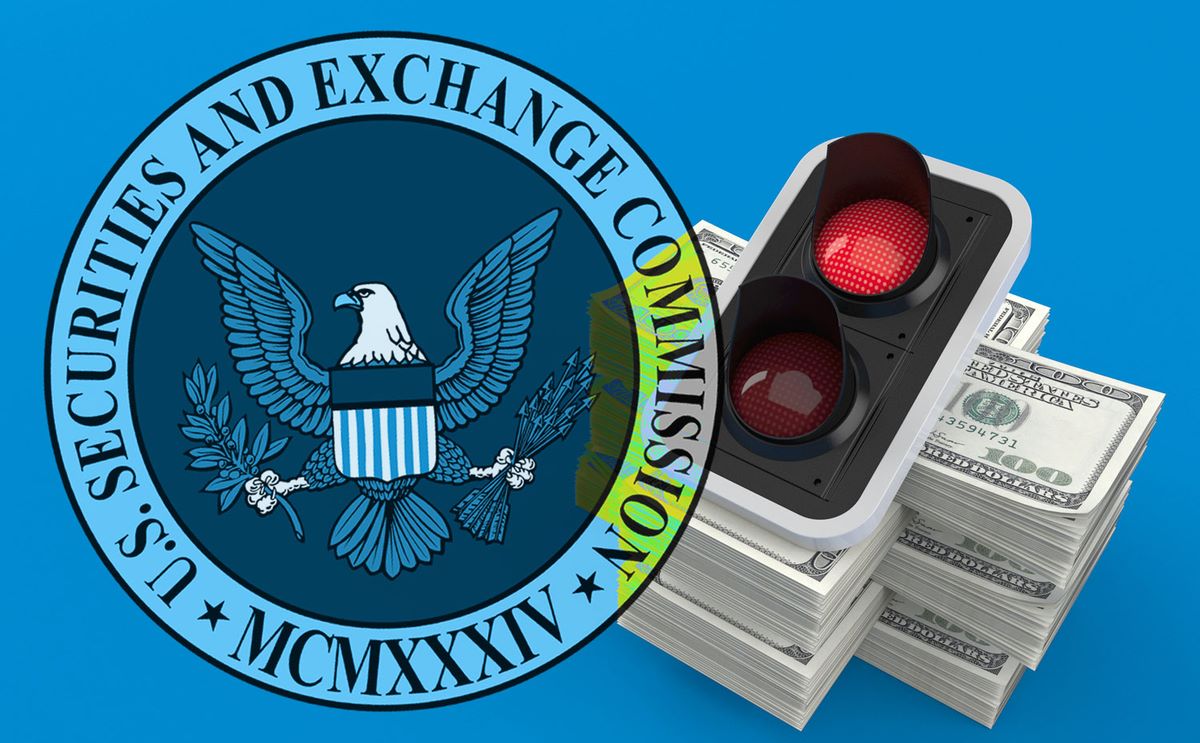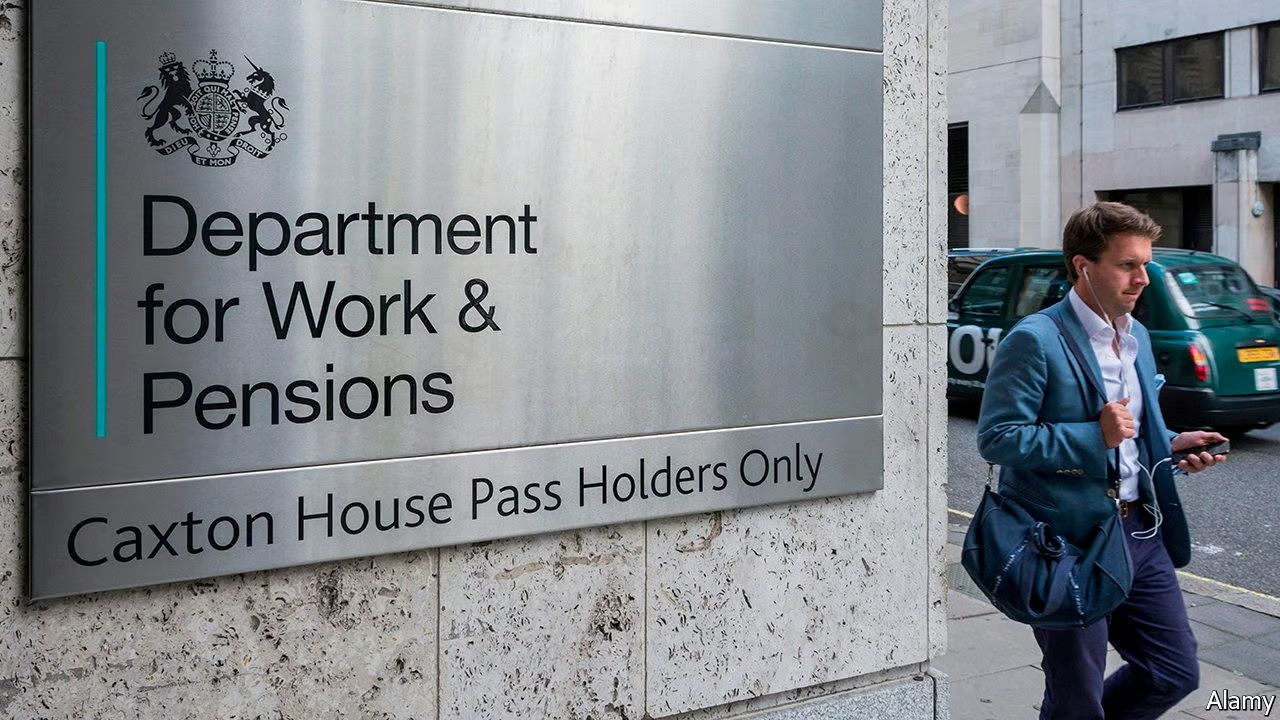Home>Finance>How Much Do Pension Funds And Universities Invest In Gun Manufacturers?


Finance
How Much Do Pension Funds And Universities Invest In Gun Manufacturers?
Published: January 23, 2024
Discover the financial investments of pension funds and universities in gun manufacturers. Explore the impact of finance on the firearms industry.
(Many of the links in this article redirect to a specific reviewed product. Your purchase of these products through affiliate links helps to generate commission for LiveWell, at no extra cost. Learn more)
Table of Contents
**
Introduction
**
In today's world, the intersection of finance and ethics has become increasingly prominent. One area where this overlap is particularly contentious is the investment of pension funds and universities in gun manufacturers. While these institutions seek to maximize returns on their investments, the ethical implications of financially supporting the production and distribution of firearms cannot be overlooked. This article delves into the complex landscape of pension funds and universities' investments in gun manufacturers, shedding light on the extent of their involvement, the ethical considerations at play, and the potential social implications of these investments.
The investment decisions of pension funds and universities are of great significance, as they often manage substantial financial assets. Pension funds, designed to provide financial security for employees post-retirement, are entrusted with the hard-earned savings of millions of workers. Similarly, universities, as centers of education and research, are expected to uphold ethical standards and social responsibility. Therefore, the investment choices made by these institutions carry weight not only in the financial realm but also in the broader societal and ethical context.
As the debate surrounding gun control and the impact of firearms on public safety continues to evolve, the role of institutional investors in the firearms industry has come under increased scrutiny. The ethical considerations surrounding these investments are multifaceted, encompassing concerns about public safety, social responsibility, and the alignment of investment practices with institutional values. By exploring the extent of pension funds and universities' involvement in gun manufacturers, this article aims to provide a comprehensive understanding of the ethical and social dimensions of these investments, ultimately contributing to a nuanced discussion on the intersection of finance and ethical responsibility.
Pension Funds’ Investments in Gun Manufacturers
Pension funds, entrusted with the financial security of millions of workers post-retirement, wield significant influence through their investment decisions. In recent years, the revelation of pension funds’ investments in gun manufacturers has sparked intense debate and raised ethical concerns. Despite the fiduciary duty to maximize returns, the moral implications of funding companies involved in the production and distribution of firearms cannot be overlooked.
Research indicates that numerous pension funds have holdings in companies that manufacture firearms, ammunition, and related accessories. These investments often include stakes in well-known gun manufacturers, contributing to the financial sustenance of the firearms industry. While the precise extent of these investments varies across pension funds, the overarching question of ethical responsibility remains pivotal.
One of the primary arguments in favor of pension funds divesting from gun manufacturers is rooted in the ethical considerations surrounding public safety. The firearms industry’s impact on society, including its association with gun violence and public health concerns, has prompted calls for institutional investors to reassess their involvement. Furthermore, the alignment of investment practices with the values and principles of pension funds is a key point of contention. As stewards of employees’ retirement savings, pension funds face mounting pressure to uphold ethical standards and consider the broader societal implications of their investment portfolios.
Conversely, proponents of maintaining investments in gun manufacturers argue that divestment may not effectively address the underlying issues. They contend that engagement with these companies through shareholder activism could yield more substantial impact by influencing corporate policies and practices related to gun safety and regulation. However, the ethical complexities of such engagement strategies and their efficacy in addressing the societal concerns associated with firearms remain subjects of ongoing debate.
Ultimately, the involvement of pension funds in gun manufacturers raises profound ethical questions, necessitating a delicate balance between financial objectives and social responsibility. As the discourse on responsible investing continues to evolve, the scrutiny of pension funds’ investments in the firearms industry underscores the imperative to navigate the intersection of finance and ethical considerations with vigilance and discernment.
Universities’ Investments in Gun Manufacturers
Universities, revered as bastions of knowledge and ethical inquiry, are not immune to the ethical quandaries surrounding their investment practices, particularly concerning the firearms industry. The revelation of universities’ investments in gun manufacturers has ignited discussions about the alignment of institutional values with financial decisions and the broader societal implications of such investments.
While universities are traditionally associated with the pursuit of knowledge, research, and social progress, their endowments and investment portfolios often include stakes in companies involved in the production and sale of firearms. This involvement has prompted introspection regarding the ethical considerations and social responsibilities that underpin investment decisions within academic institutions.
The ethical dimensions of universities’ investments in gun manufacturers are multifaceted. On one hand, universities are expected to uphold values of social responsibility and ethical conduct, fostering an environment conducive to learning and societal betterment. The financial support of companies linked to the firearms industry raises questions about the congruence of these investments with the institutional ethos and the potential impact on the broader community.
Moreover, the academic community’s engagement with issues of public safety and social welfare further amplifies the ethical implications of investments in gun manufacturers. As proponents of knowledge dissemination and societal progress, universities face heightened scrutiny regarding the ethical coherence of their investment practices with their educational and societal missions.
Conversely, proponents of maintaining investments in gun manufacturers within university endowments emphasize the fiduciary duty to maximize returns for the institution’s financial sustainability. They argue that divestment may not effectively address the societal concerns associated with firearms and that engagement with these companies through shareholder activism could potentially yield more substantial impact in influencing corporate policies and practices related to gun safety and regulation.
The ethical considerations surrounding universities’ investments in gun manufacturers underscore the complexity of balancing financial objectives with ethical and societal responsibilities. As academic institutions navigate these challenges, the imperative to uphold ethical standards and align investment practices with institutional values remains a focal point in the discourse on responsible investing within the higher education sector.
Ethical and Social Implications
The investments of pension funds and universities in gun manufacturers carry profound ethical and social implications, transcending the realm of finance and permeating the broader societal fabric. At the crux of this issue lies the ethical responsibility of institutional investors to consider the societal impact of their financial decisions and align their investment practices with broader ethical considerations.
From an ethical standpoint, the support of gun manufacturers through investments raises fundamental questions about the promotion of public safety and the mitigation of harm. The firearms industry’s association with gun violence and its implications for public health underscores the ethical complexities of financially sustaining companies involved in the production and distribution of firearms. The ethical coherence of these investments with the values and principles of pension funds and universities is a subject of intense scrutiny, prompting a reevaluation of the moral imperatives that underpin investment decisions.
Furthermore, the social implications of investments in gun manufacturers extend to the broader community and the perception of institutional integrity. Pension funds, entrusted with the financial well-being of retirees, and universities, revered as centers of knowledge and societal progress, wield substantial influence and are expected to uphold ethical standards. The revelation of investments in the firearms industry has the potential to erode public trust and raise concerns about the alignment of institutional actions with societal well-being.
Conversely, the engagement and potential influence that institutional investors can exert on gun manufacturers through shareholder activism present ethical and social considerations of a different nature. The strategic utilization of shareholder influence to advocate for responsible corporate practices and policies related to gun safety and regulation introduces a dimension of proactive engagement with the firearms industry, aiming to effect positive change from within.
Ultimately, the ethical and social implications of pension funds and universities’ investments in gun manufacturers underscore the intricate interplay between financial objectives, ethical responsibilities, and societal impact. As the discourse on responsible investing continues to evolve, the imperative to navigate these complexities with conscientious consideration for ethical and social implications remains paramount, reflecting the broader ethical imperatives that underpin institutional investment practices.
Conclusion
The intersection of finance and ethics, exemplified by the investments of pension funds and universities in gun manufacturers, underscores the complex interplay between financial objectives, ethical responsibilities, and societal impact. The revelation of institutional investments in the firearms industry has ignited intense debate, prompting a critical examination of the ethical and social implications that underpin these financial decisions.
As stewards of employees’ retirement savings, pension funds are tasked with maximizing returns while upholding ethical standards and considering the broader societal implications of their investment portfolios. Similarly, universities, as centers of knowledge and societal progress, face the imperative to align their investment practices with institutional values and ethical considerations. The ethical and social dimensions of investments in gun manufacturers have prompted introspection within these institutions, highlighting the multifaceted nature of the ethical responsibilities that underpin institutional investment decisions.
While the ethical considerations surrounding investments in gun manufacturers are complex and multifaceted, they underscore the imperative for institutional investors to navigate the intersection of finance and ethical responsibility with vigilance and discernment. The ethical coherence of these investments with institutional values, the promotion of public safety, and the broader societal implications of supporting the firearms industry remain pivotal points of contemplation.
Moreover, the potential for shareholder activism to influence corporate policies and practices related to gun safety and regulation introduces a dimension of proactive engagement, offering a pathway for institutional investors to effect positive change within the firearms industry. This strategic utilization of shareholder influence underscores the potential for institutions to leverage their investments as a means of advocating for responsible corporate conduct and societal betterment.
In conclusion, the investments of pension funds and universities in gun manufacturers encapsulate the intricate balance between financial objectives, ethical responsibilities, and societal impact. As the discourse on responsible investing continues to evolve, the imperative to navigate these complexities with conscientious consideration for ethical and social implications remains paramount, reflecting the broader ethical imperatives that underpin institutional investment practices.














